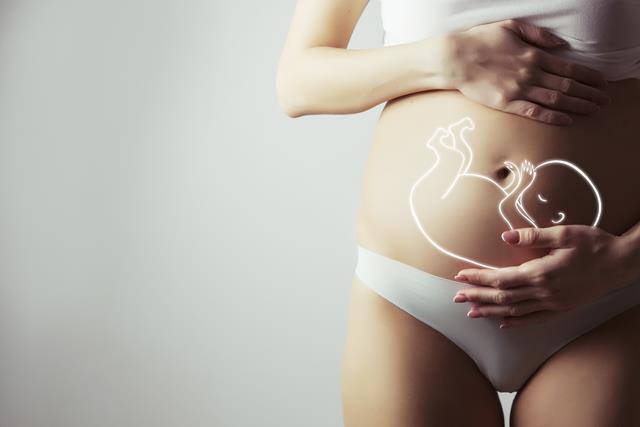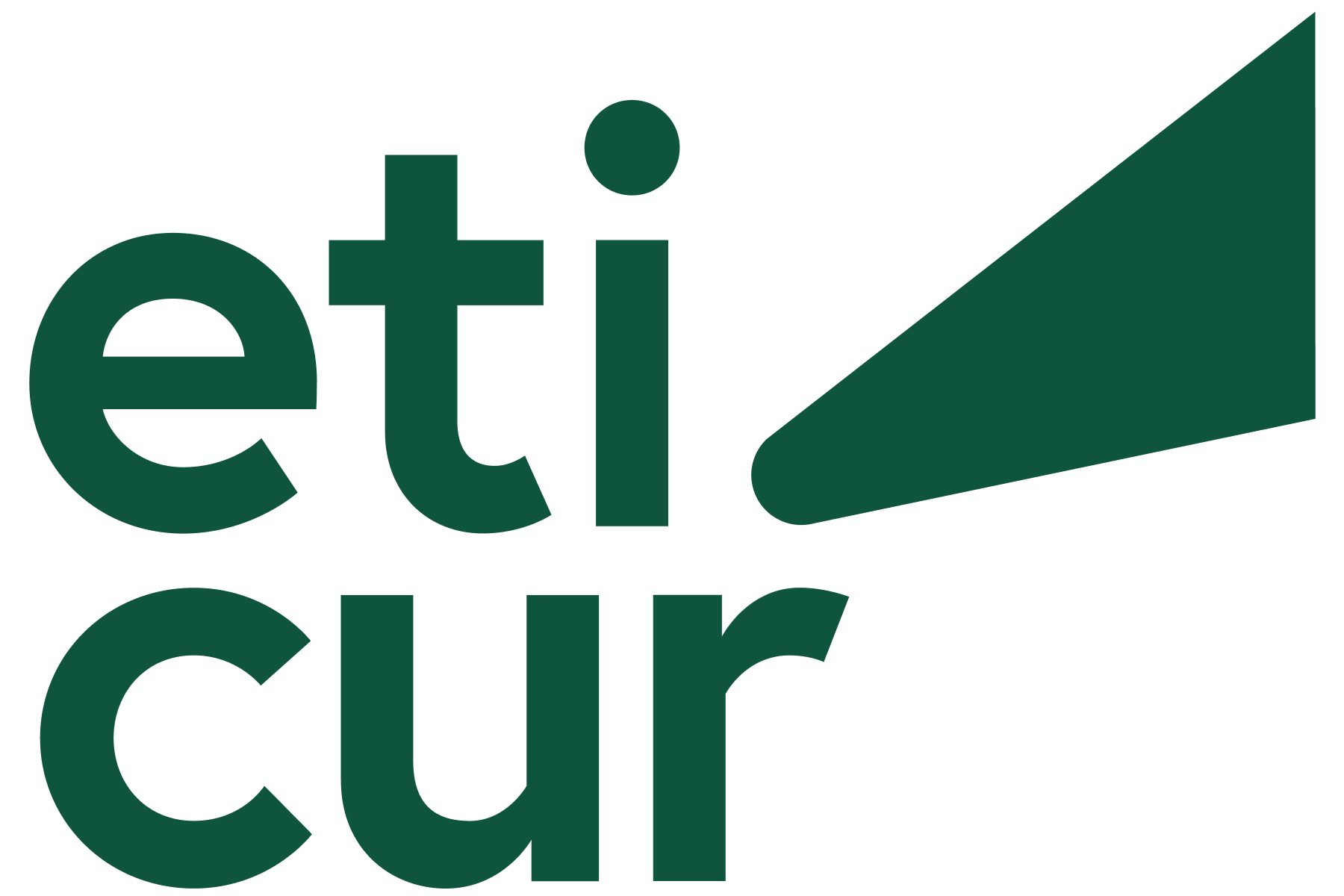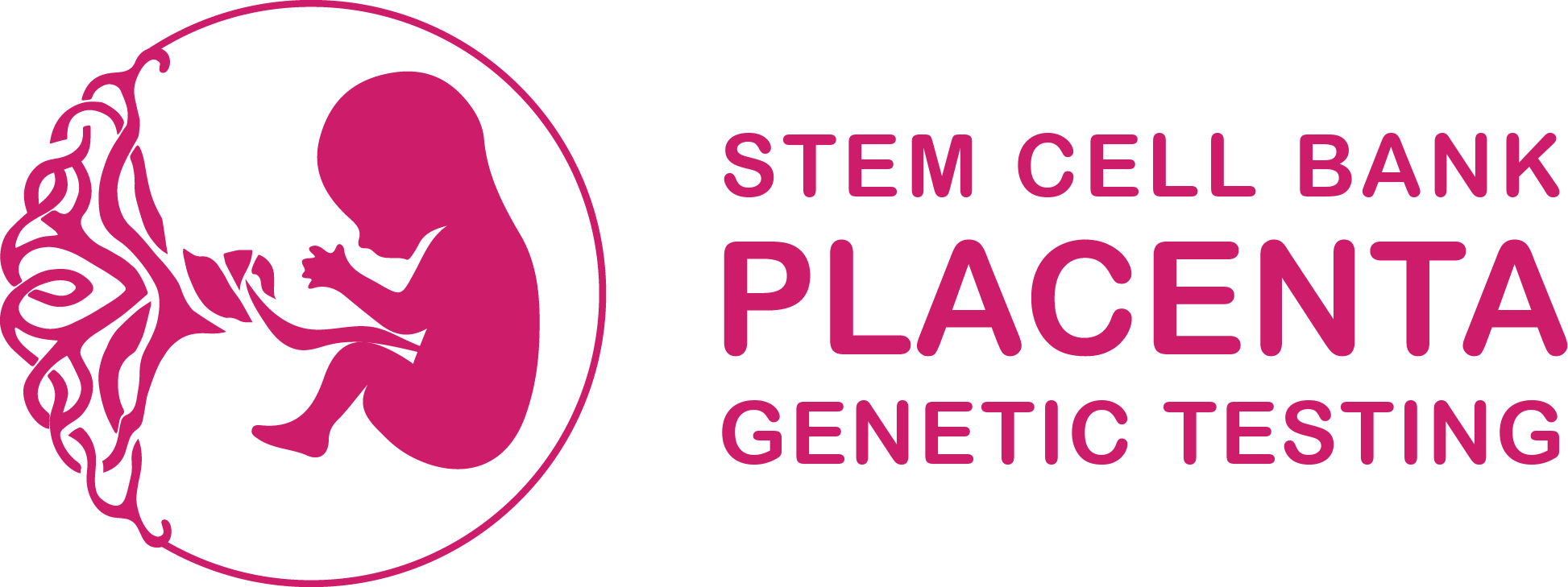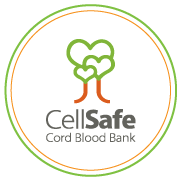FamiBlog
1st week of pregnancy - what can an expectant mother expect?
The first week of pregnancy is a time of intense preparation for your body to welcome the embryo. Even if you don't feel any changes yet, you will certainly be excited at the thought that you will soon become a mother. Remember to take care of yourself - both physically and mentally. See how the first week of pregnancy goes.

07 February 2023
The beginning of pregnancy is very exciting for parents-to-be. They want to know as much as possible about the baby's development. The challenges of pregnancy are also important - especially if it is their first child. The nine months of expectation are a time of intense change. That's why parents follow them week by week.
How does the pregnancy develop after the first week?
In fact, the 1st week of pregnancy is the moment when the baby is not yet developing in the womb. How is that possible? It has to do with the Naegele rule, which is valid in gynaecology and obstetrics. According to this rule, pregnancy begins with the first day of your last menstrual period. So you can say that you are not really pregnant yet. However, considerable changes are already taking place in the body to prepare it for the implantation of the fertilised egg. Therefore, this first week of pregnancy is very important for the course of the pregnancy. During menstruation, the mucous membrane that has expanded in the last 2 weeks is peeled off. This allows new epithelium to form in the following days, ready to receive the fertilised egg. This is important because its thickness determines the implantation of the embryo and the conditions for its development. In the first week of pregnancy, the follicle also matures, from which the egg is released on the day of ovulation.
Signs of pregnancy in the 1st week
The symptoms in the first week of pregnancy are not typical. In fact, you do not feel any pregnancy symptoms yet. They only appear after conception, when the hormone level (especially chorionic gonadotropin) has increased significantly. Menstrual bleeding occurs during the first week of pregnancy. It lasts 3-5 days. It is usually no different from other menstrual periods. It is accompanied by abdominal pain, irritability and breast tenderness.
The first week of pregnancy - how to nurse?
The first week of pregnancy is a time when you should take special care of yourself. If you are planning to become a mother, give up stimulants. Also look at your daily habits. A healthy, balanced diet is essential. Your meals should be varied and each should be accompanied by a portion of fresh vegetables. This way you will provide your body with all the vitamins and minerals it needs. Do not forget physical activity. Moderate exercise adapted to your physical capabilities is recommended.
Folic acid supplementation
If you are planning to become a mother, you should start taking folic acid. It is a vitamin that plays an important role in preventing neural tube defects, i.e. various abnormalities related to the development of the nervous system in the child.
Sie interessieren sich auch für:
Intimate infections during pregnancy
Many expectant mothers struggle with the annoying symptoms of intimate infections during...
Sore throat during pregnancy
A sore throat is a relatively common condition that also affects pregnant women. However, not all...
Eating raw meat during pregnancy
During pregnancy, the expectant mother has many desires. But not all of them can be freely...
Stem cells and cord blood
Bone marrow was the primary source of stem cells (bone marrow transplantation involves...






























